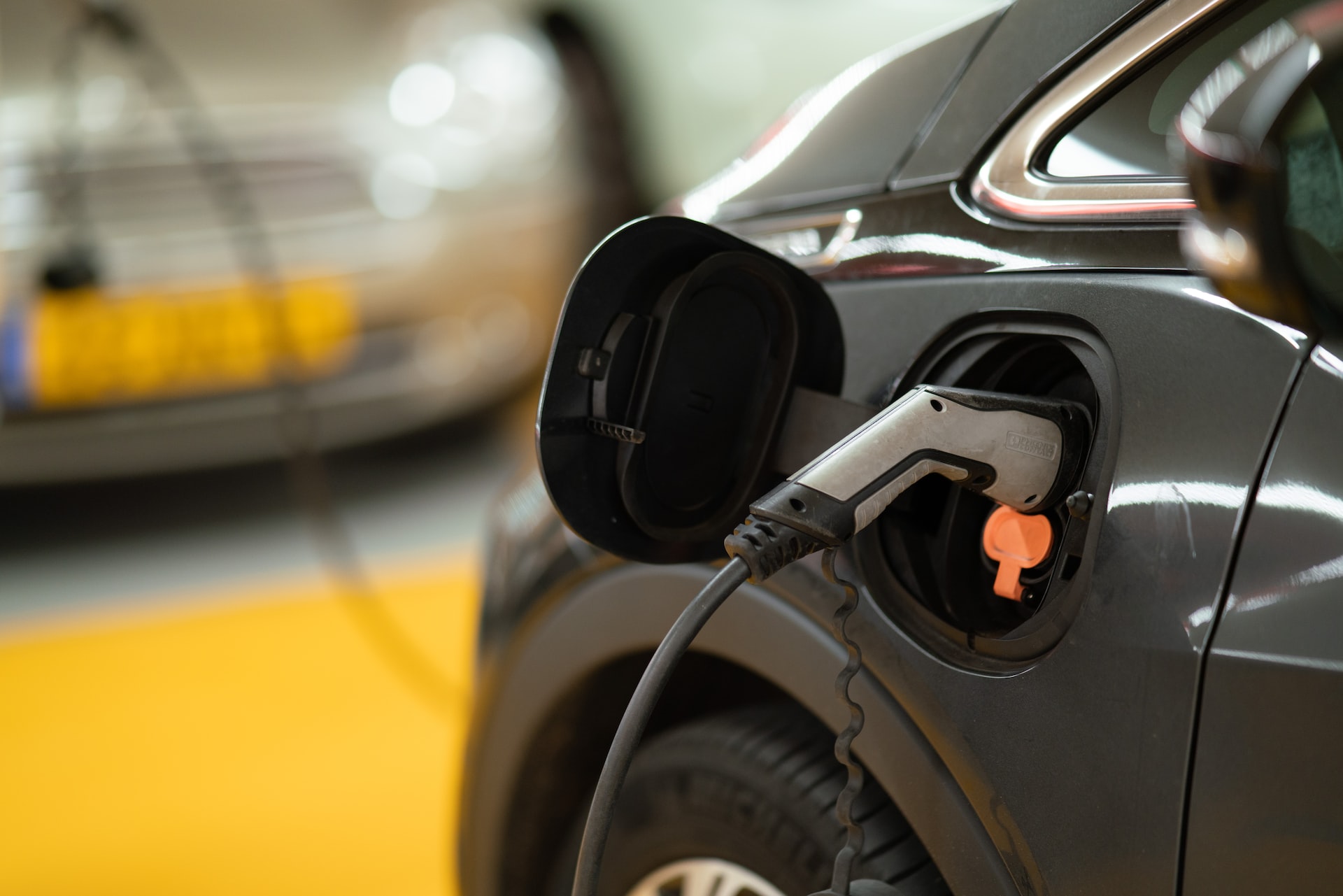What You Need To Know About Electric Cars
Are you thinking of getting an electric car? Or maybe your favourite car manufacturer has announced a new model that piqued your interest? We’ve compiled a list of what you need to know about electric cars before switching to an EV.
In this blog, we’ll touch on everything from the cost of running an EV to the driving experience so you can decide if you’re ready to start your journey with electric vehicles.
Charging Options
One of the most important parts of owning an EV is charging. Charging offers a much more eco-friendly way of powering your car than petrol, and it is much more cost-effective after the initial investment in equipment. Here are the main things you need to know about charging an EV:
- Charging equipment is important – getting a full charge for cars with larger batteries may take a while. You can speed up this process by ensuring that you’re using high-quality charging equipment so no energy is lost. It is also best to use reliable charging cables and chargers to ensure your car’s battery stays healthy.
- Availability of public charging stations – at the moment, there is a pretty strong system of public charging stations across the UK. You will find EV charging points at most petrol stations and big supermarkets like Asda, Tesco, Aldi and Sainsbury’s car parks. The UK Gov plans to roll out an entire network of chargers by 2030, so there will be even more accessibility throughout the decade.
- Not all cars can use rapid chargers – not all electric cars can rapidly charge using high-powered public charging equipment. Some older models may not be equipt for it, and most PHEVs (plug-in hybrids) are incapable of rapid charging.
Cost Efficiency
The major investments in getting an EV are the vehicle itself and then charging equipment. Once these things are set up, it is significantly less expensive to charge and run your EV in the long term.
Luckily, the UK Government has put some schemes and grants in place to help people afford EVs and charging equipment. These schemes can offer electric car drivers significant grants towards installing home charging ports and affording the equipment needed to get your EV going.
It’s also important to consider how much money can be saved on petrol. Using tactics such as charging your car during off-peak energy hours (where electricity is at its cheapest rate), you can significantly reduce the cost of charging. For short-distance drivers, such as commuters, one charge could last you multiple journeys for a fraction of the price of petrol or diesel.
EVs also have a higher resale value than standard cars. As the government plans to issue laws to go all-electric by the end of the decade, people are choosing to invest in electric vehicles rather than standard petrol engine cars.
Driving Experience
People commonly want to know about electric vehicles’ difference in the driving experience. As many people have only ever driven cars with petrol engines before,
- Reduced noise pollution – driving an EV means less noise! Electric motors produce significantly less noise pollution than traditional engines, creating a nicer experience for those in the car and the surrounding area.
- Advanced technology – as most major manufacturers are now only creating electric vehicles, their latest technology is featured in these new models. This includes everything from the physical makeup of the car to additions such as advanced touch screens, Amazon Alexa virtual assistant functions and much more.
- Faster acceleration – electric motors take less time to ‘kick into action’ than traditional mechanical motors. You’ll find that the car accelerates much quicker than a typical non-electric vehicle.
- Range – the range you’ll get from a single charge depends on the size of the car’s battery. Just like a car with a bigger engine will take you further with petrol, a car with a more powerful battery will take you further with electricity. Take this into consideration when looking to purchase your EV.
Most people report that driving an electric vehicle isn’t that different from driving a motorised car, especially as many models are just electrified versions of popular existing models. If you’re used to driving a car, driving an electric car shouldn’t come with any shocks or surprises – only new benefits that will add to your driving experience.
Final Thoughts
We hope this blog has helped you discover more about what you need to know about electric cars. There is a huge range of options, so you can find an EV that works for you and fits your lifestyle. And, with new models being released monthly, it’s an exciting time to invest in an electric vehicle.

